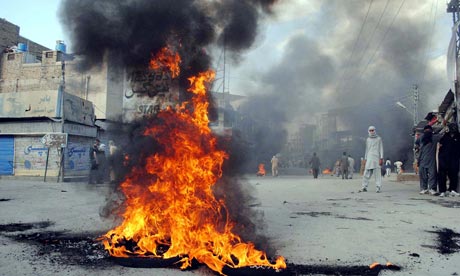
Pakistan: A nation defined by religion yet being torn apart by it
Pakistan was born a paradox. Its partition from India was considered necessary to ensure a homeland for the Muslims of the Indian subcontinent. However, its founder, Muhammad Ali Jinnah, always believed that Pakistan should be a secular state, tolerant of minorities; a homeland for Muslims but not an Islamic state. Unfortunately, he died shortly after partition and the dream of a secular and peaceful Pakistan was stillborn. 66 years after the establishment of the nation, the religious factor underpinning Pakistan’s creation and statehood has now become the principal source of its greatest national tragedy.
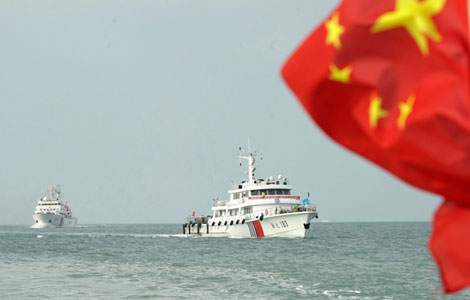
The outlook for continuing stability in the South China Sea
East Asia’s rapid economic and military development has captured global attention. Analysis of news coverage demonstrates that regional economies and tensions have been growing in tandem. The South China Sea has historically been of particular interest because of the number of conflicting claims on the islands and sea-lanes it encompasses. Of note, these conflicts have never escalated to a full-scale regional war. Direct extrapolation suggests that previous restraint in military interactions implies the nations involved do not consider the potential benefits sufficient to justify an upset to the balance of power. However, contemporary changes in economic and security conditions complicate the issue.
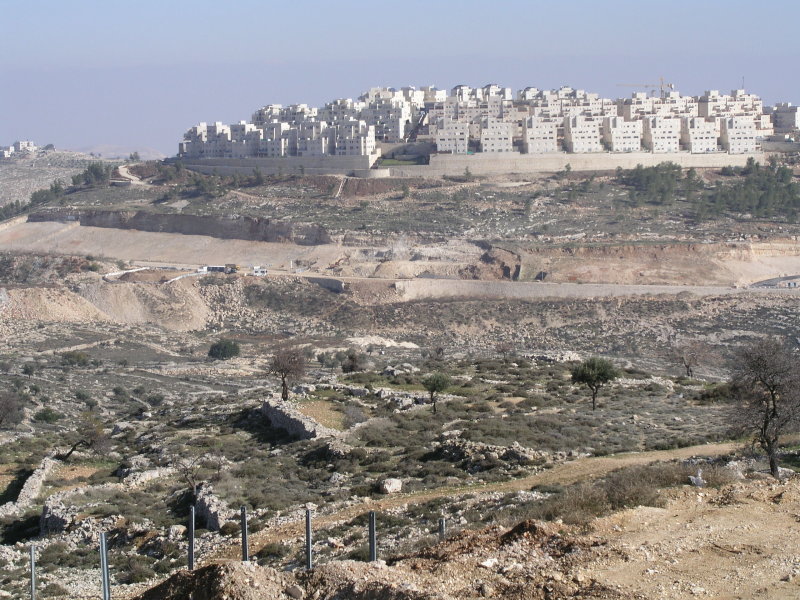
Defending the Indefensible: An interview with Dani Dayan, outgoing head of the Judea Samaria and Gaza Council
Last Friday, the Oxford Union hosted the first in a series of talks entitled “Head to Head” organised by and filmed for Al Jazeera. In this first talk, Al Jazeera’s Mehdi Hassan interviewed the outgoing head of the Yesha Council, Dani Dayan on the subject of Israeli settlements and the prospect for peace between Israel and Palestine. The Yesha Council is an umbrella organization of municipal councils of Jewish settlements in the West Bank and constitutes a formidable force within Israeli politics, pressing mainly for continuity of the settlement program. The talk presented a unique opportunity to question a leading defender of what many regard as one of the most flagrant and persistent breaches of international law by a democratic state today.
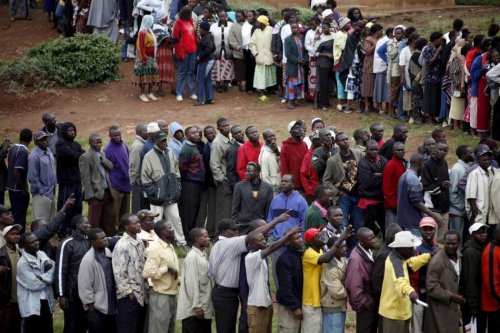
Kenya: To the elections, and beyond (part two)
Two sides have formed in the run-up to Kenya’s March election. The first, under the Jubilee Alliance, is an alliance between presidential candidate Uhuru Kenyatta and his running-mate William Ruto, two experienced political leaders who are also suspects to the International Criminal Court (ICC) for crimes against humanity conducted in Kenya’s previous election period. The second main side vying for election is a partnership between presidential hopeful Raila Odinga and his running-mate Kalonzo Musyoka, under the CORD Alliance (Coalition for Reforms and Democracy). This clash of titans has three possible outcomes
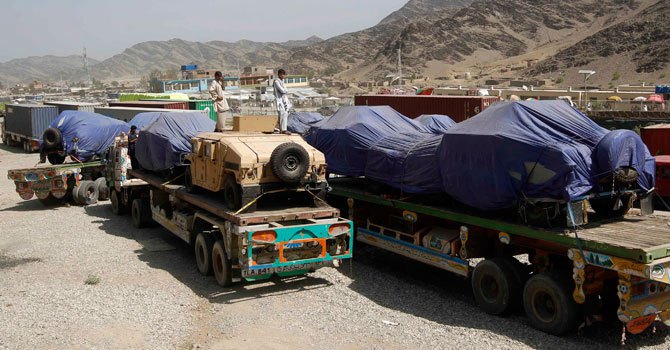
As Western withdrawal gains momentum, peace in Afghanistan hinges on one factor: Pakistan
Last week saw the first convoy of trucks carrying NATO containers, which first travelled the road to Afghanistan eleven years ago, making their return journey through Pakistan. This was a sober reminder of a harsh reality: The West is finally quitting Afghanistan in spite of their failure to militarily win the war; a war that has been expensive in both human and material terms.
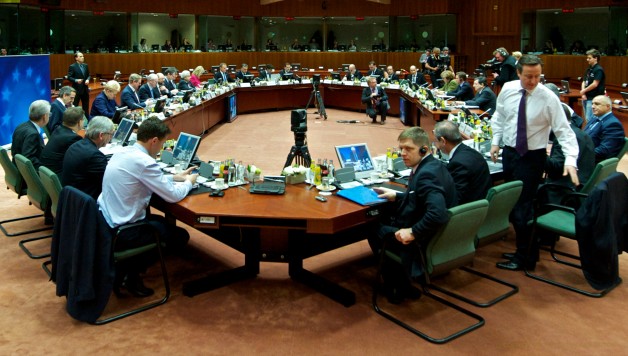
The EU budget is a missed opportunity for Europe
Last Friday, after 24 hours of negotiations, European leaders agreed on a new EU budget deal for 2014-2020. Two summits were needed: one was held in November 2012, and another last week that ended in agreement. For the coming seven years, the member states will contribute 960 billion Euros towards the EU project—85 billion less than the European Commission’s original proposal. It is a flimsy budget, one by no means fit to deal with the economic challenges that Europe is currently facing.
It is quite understandable that countries such as the Netherland, Denmark and the United Kingdom aimed for a slashed budget: in times of crisis, it is hard to sell the message of pouring even more money into Brussels’ accounts. Indeed, the slash-the-budget-camp has proved to be quite effective in furthering its agenda.
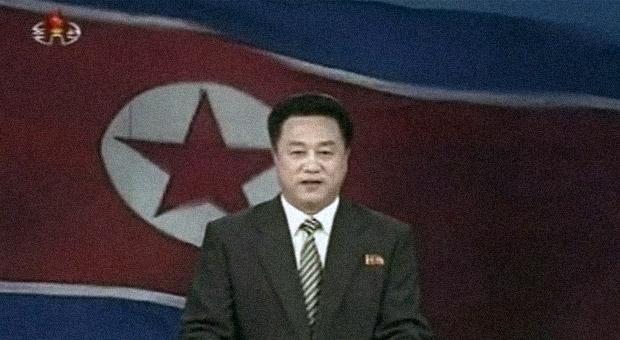
North Korea’s third nuclear test – what’s different this time round?
Yesterday, at around 3:00 GMT, North Korea conducted a third nuclear test. According to the official KCNA news agency, “the test was conducted safely and perfectly at a high level…with a higher-yield, smaller, lighter atomic device” (the full televised report [in Korean] is available here). The Comprehensive Test Ban Treaty Organisation (CTBTO), located in Vienna, soon confirmed that something was amiss on the seismic front, with the detection of ‘an explosion-like event’ on the Korean Peninsula, near to the site of North Korea’s nuclear weapons tests in 2006 and 2009. The timing of the 2013 test is not unexpected and the US and China were notified in advance. Some will read into the fact that the timing clashes with Obama’s State of the Union address. Others will point to the anniversary of former leader Kim Jong IL’s birthday on 16 February,. The timing of such things is not a precise science, however, and a number of factors, political and non-political (such as the weather), need to be considered. In any event, for us nuclear wonks, timing is less important. What matters more is reflected in the current scramble among experts to verify and identify the technical details: the exact yield and type of device, as well as the political and security implications of the test, regionally and globally.

Drones have put targeted killing on trial
The past few weeks have seen a flurry of activity aimed at achieving greater transparency and accountability with respect to the U.S. government’s practice of “targeted killing” (primarily through the use of drones).
To begin, the UN special rapporteur on counter-terrorism and human rights, Ben Emmerson, announced in late January the launch of an investigation into the “civilian impact” and “human rights implications” of drone attacks and other targeted killings by the U.S. and other states. The rapporteur claimed that such attacks pose a serious challenge to the existing framework of international law, and therefore require the development of new legal mechanisms to regulate use and ensure accountability. He also warned that if states engaged in drone attacks do not establish effective, independent, and impartial investigations of their actions, it might be necessary for the United Nations to do so. (Note: The UN investigation will examine 25 different cases of drone attacks, not all directed by the U.S. However, it remains the case that U.S. policy is a main focus of attention, particularly for China, Russia, and Pakistan, the three states that called for the investigation within the Human Rights Council).









